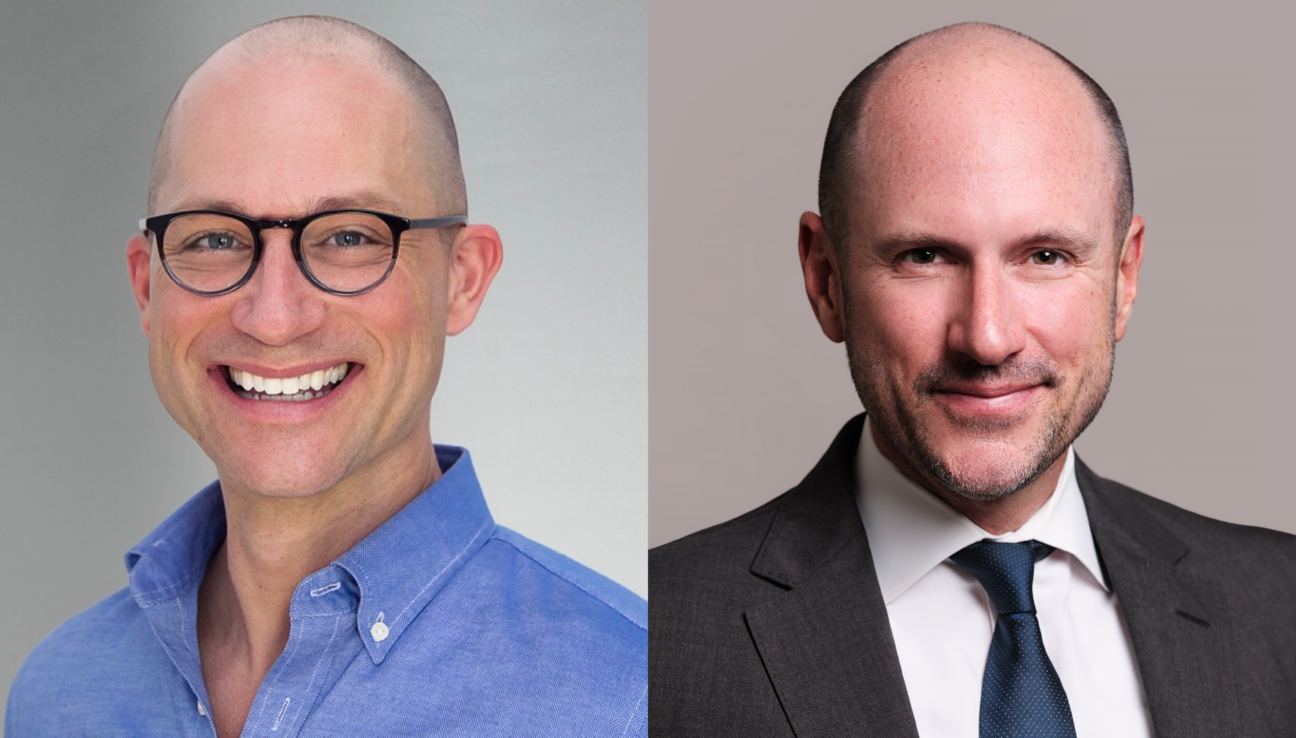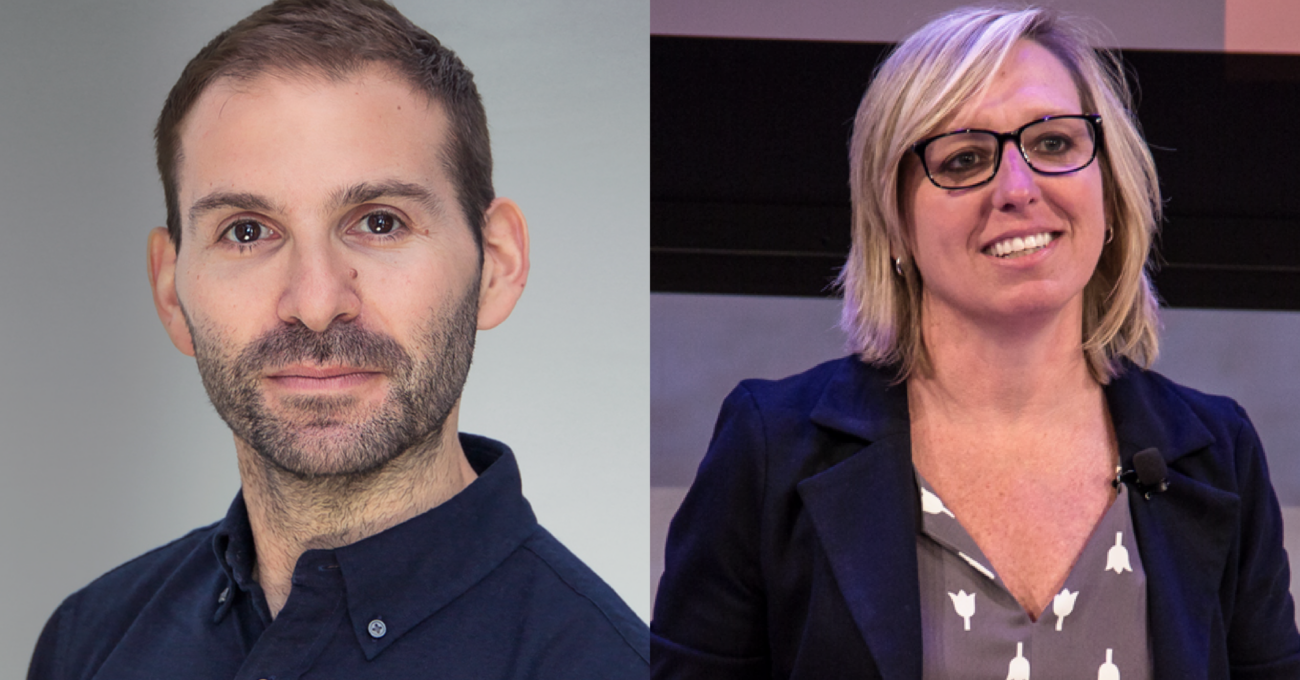
Recent political developments in the U.S.—from executive orders to proposed agency closures and evolving federal funding guidelines—have placed cultural organizations at the center of a national conversation about how institutions uphold their values and navigate their role in a rapidly changing America.
In this episode, Brett Egan of the DeVos Institute of Arts and Nonprofit Management breaks down what’s happening now, what’s at stake, and where cultural organizations might find unexpected opportunity in the turbulence.




